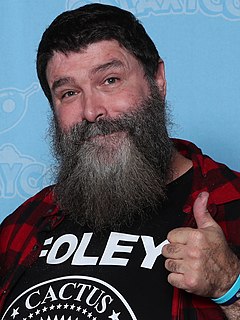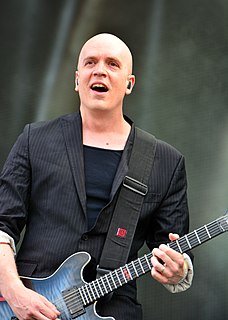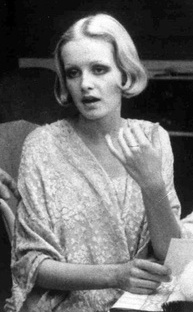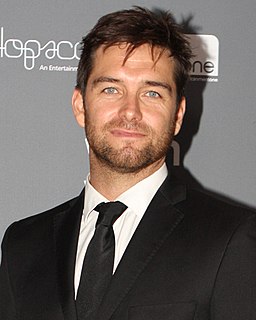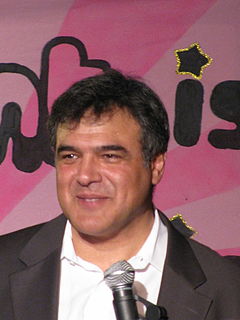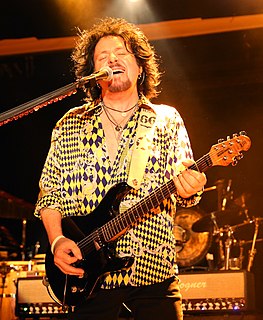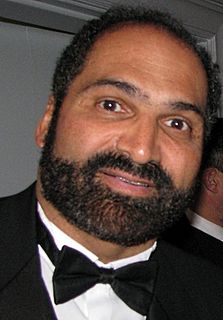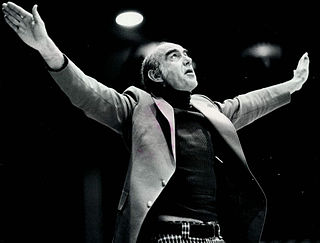A Quote by Mick Foley
In 1999, I had my back against the wall, and WWE had a ghostwriter working on an autobiography for me. He was halfway through, and it was awful, just boring. I took over as a way of trying to fix things, as I thought I could probably do a better job.
Related Quotes
I never have [suffered writer’s block], although I’ve had books that didn’t work out. I had to stop writing them. I just abandoned them. It was depressing, but it wasn’t the end of the world. When it really isn’t working, and you’ve been bashing yourself against the wall, it’s kind of a relief. I mean, sometimes you bash yourself against the wall and you get through it. But sometimes the wall is just a wall. There’s nothing to be done but go somewhere else.
I had the kid [on "Fences" ] who understudied me so I could stand back and think about shots so he had to learn the blocking and everything. I'd come in early sometimes, and they 'd be in there rehearsing and working on their stuff. I didn't want them to feel like, "Oh these are people who can't be touched." We're all working actors; we're all trying to get better.
I didn't know the term 'synesthesia' until I was working on 'Cruel Summer.' Halfway into writing that, I really understood that, my entire life, I had been trying to describe this condition of mine: through painting, through this seven-screen Surround Vision film we shot in Qatar, through all these things.
I can't imagine being mayor and not having had the experience working for President Clinton or President Obama, or, for that matter, working in Congress. On the other hand, I think I would have been a better adviser had I been mayor first. If I had had this job first, I could have seen the implications of things I was doing.
I think the only reason I've had the career life that I've had is that someone told me some secrets early on about living. You can do the very best you can when you're very, very relaxed, no matter what it is or what your job is, the more relaxed you are the better you are. That's sort of why I got into acting. I realized the more fun I had, the better I did it. And I thought, that's a job I could be proud of. It's changed my life learning that, and it's made me better at what I do.
The world in books seemed so much more alive to me than anything outside. I could see things I'd never seen before. Books and music were my best friends. I had a couple of good friends at school, but never met anyone I could really speak my heart to. We'd just make small talk, play soccer together. When something bothered me, I didn't talk with anyone about it. I thought it over all by myself, came to a conclusion, and took action alone. Not that I really felt lonely. I thought that's just the way things are. Human beings, in the final analysis, have to survive on their own.
